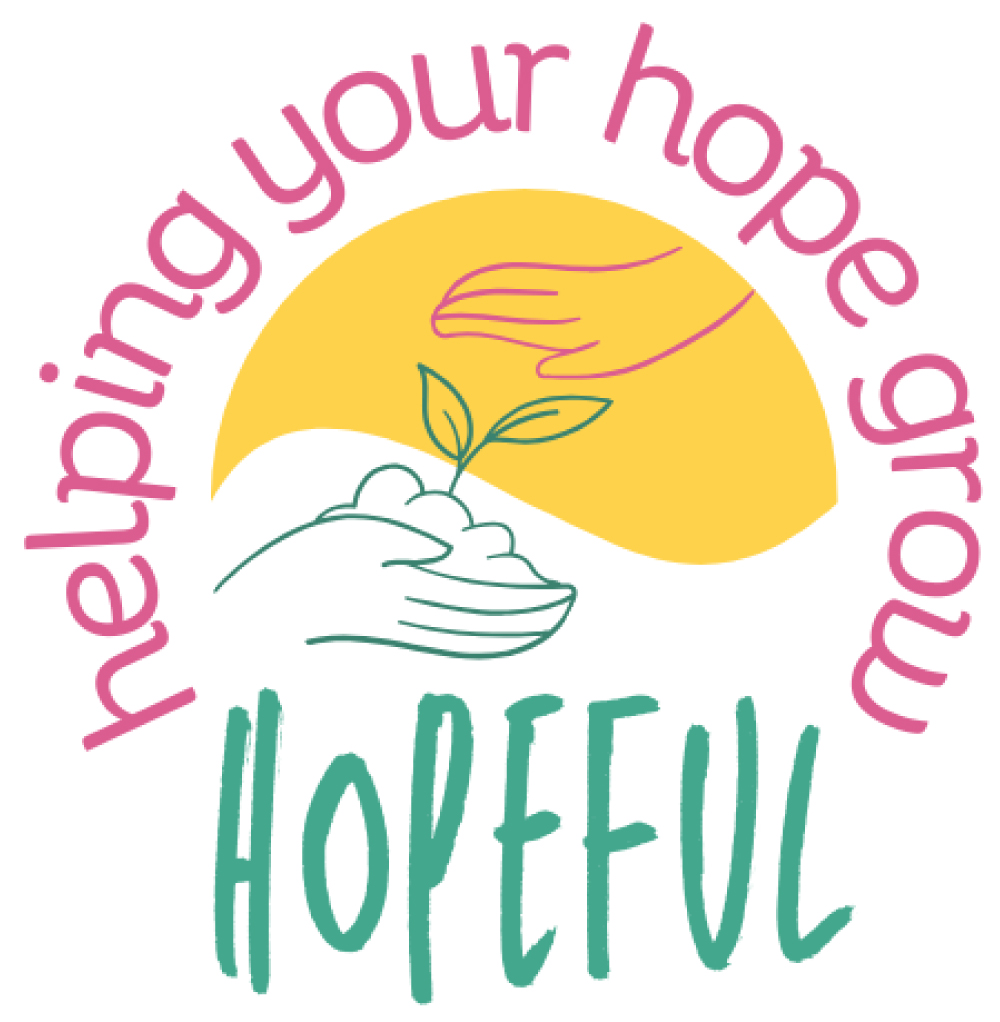O – Open
Being open is about being accepting, curious, and non-judgmental – being genuinely interested in, and led by, the needs and goals that matter to the young person themselves.
- Accepting
Being accepting means supporting the young person to identify the goals that matter to them, even if you don’t agree with or value these goals. Sharing goals with someone else is a vulnerable experience and it will help for you to treat these goals as legitimate and worthwhile. However, if you feel that the young person identifies activities or goals that might be harmful to them, or to someone else, it is important to speak openly about this. You can gently tell the young person what it is about the goal or activity that concerns you. Speaking to your supervisor will help you to manage any situations like this.
- Curious
Curiosity means having and showing interest in what the young person tells you. It means putting any assumptions to one side, and working with the young person to explore their perspective. You can use open questions and try “wondering out loud” about what the young person may be thinking or feeling. Being curious helps encourage young people to be curious about their own ideas and behaviours, and the thoughts and feelings that lie behind them. If a young person appears to be struggling with engaging with HOPEFUL, it can help to be curious about that too. You might “wonder out loud” that it seems like it’s difficult at the moment to work on HOPEFUL, and why that might be.
The emphasis that it’s not about making the person succeed in life, but emphasising their happiness and wellbeing.
- Non-judgemental
Being non-judgemental means listening to the young person’s thoughts and feelings without dismissing or minimising them. This helps to reinforce their sense of self-worth, and teaches them that you are a safe person to share things with. You can still set boundaries – it is important that you both feel comfortable within the mentoring relationship. You can still challenge the young person when you think this is important. For example, if they are being very self-critical, you can gently tell them you have noticed that they have been criticising themselves.
Making sure that you’re not biased, like if someone says something and you think that that’s ridiculous, but that could be very common in their life. Making sure that they put themselves back a little bit, so that they’re like less like, ‘This is me, these are my opinions, this is who I am,’ it’s more like, “I’m here to listen to you”.
